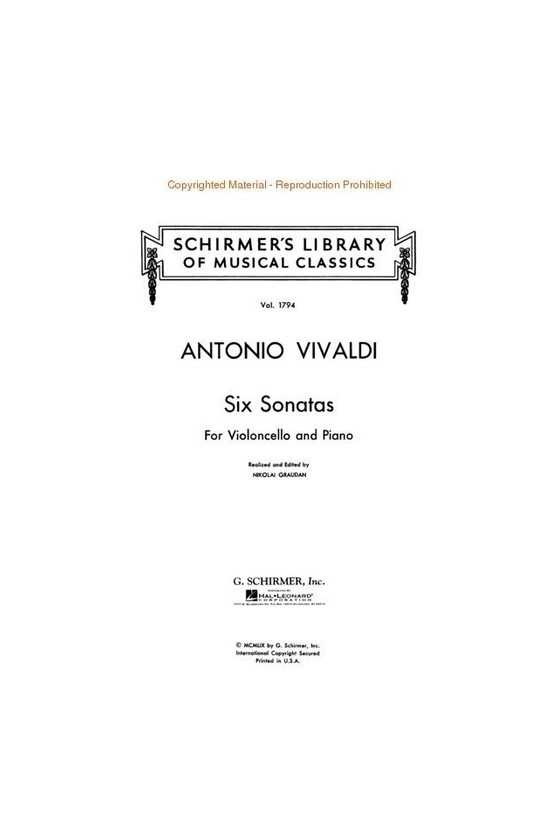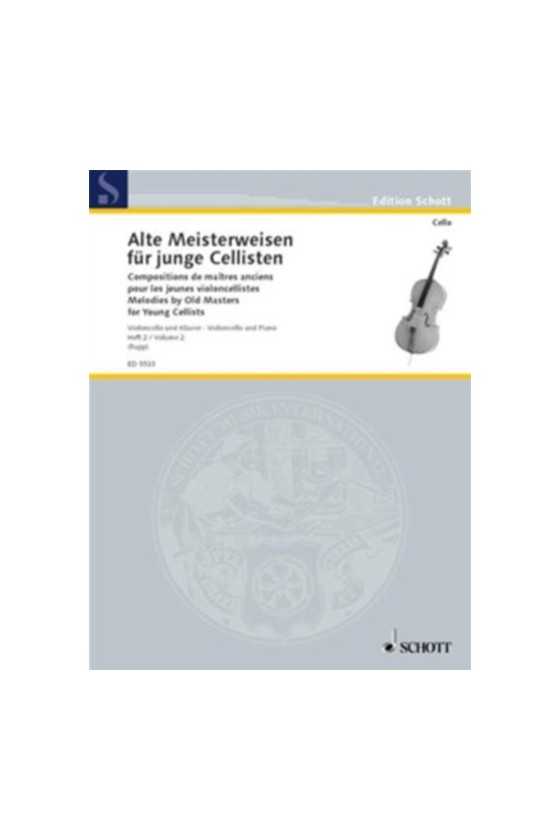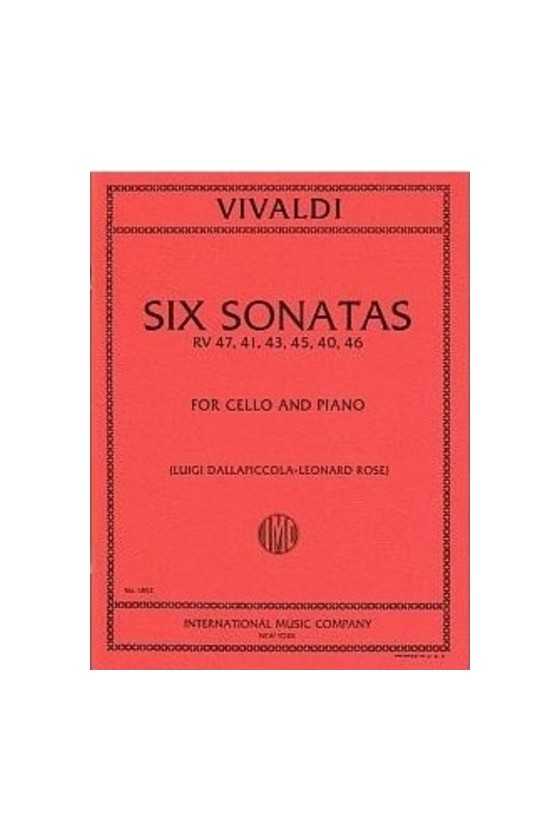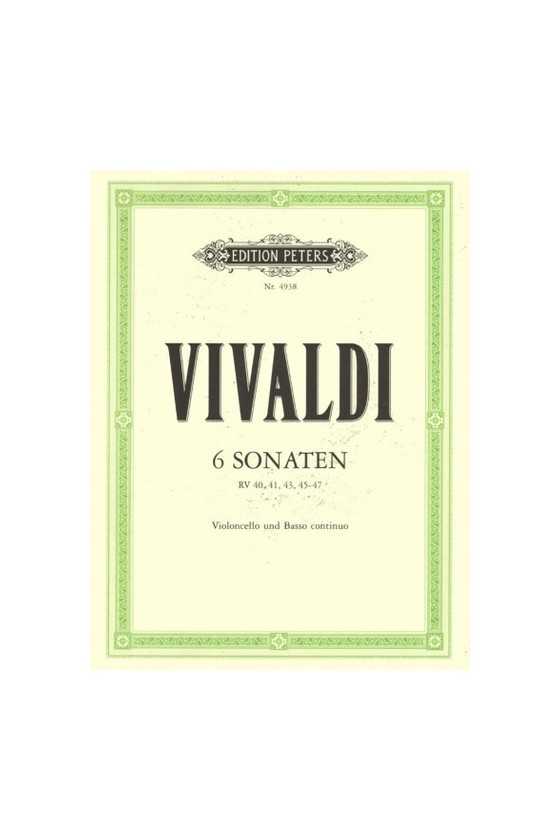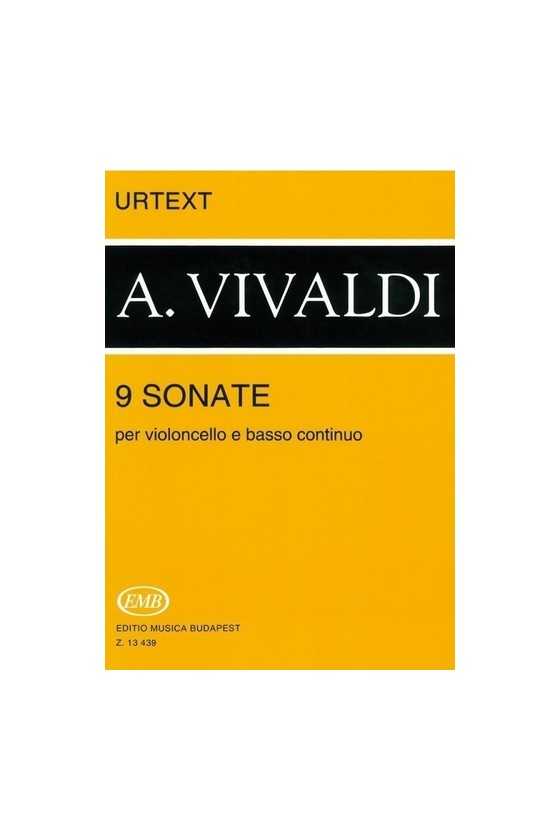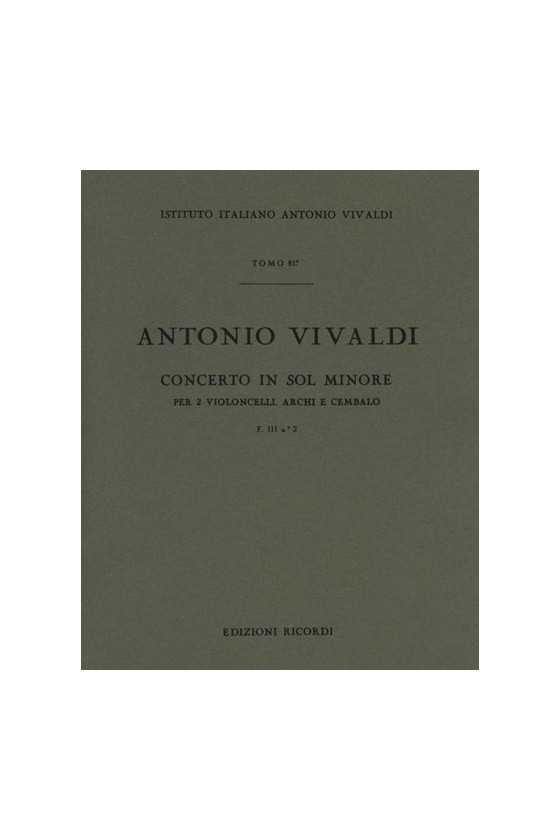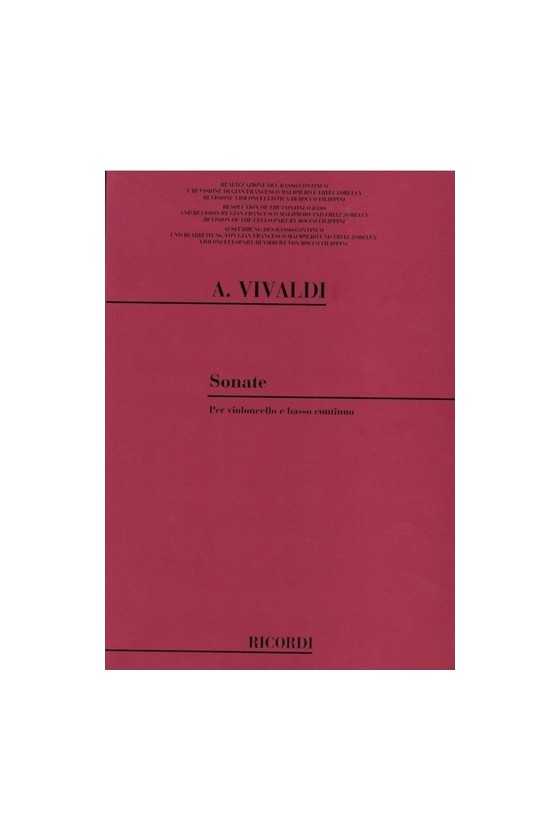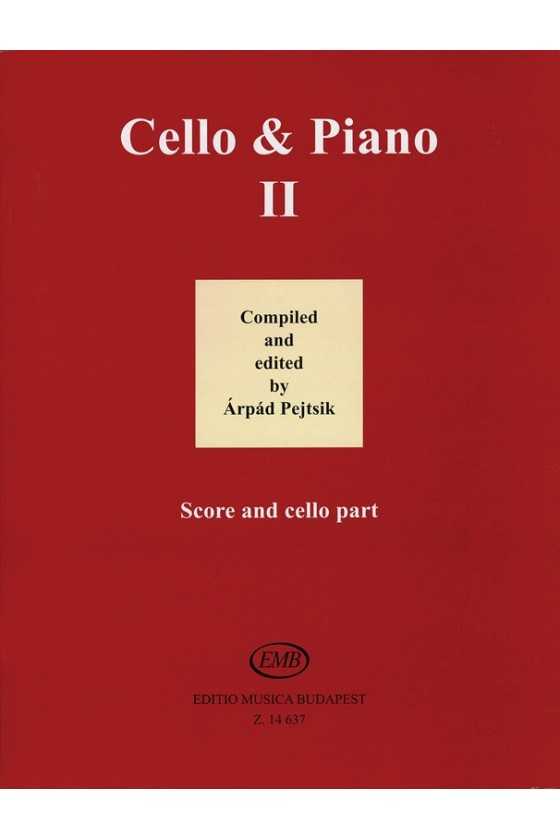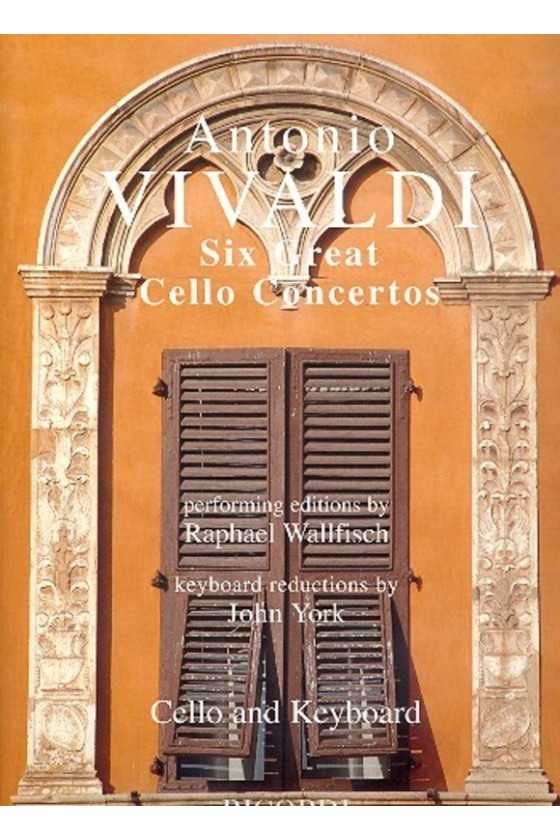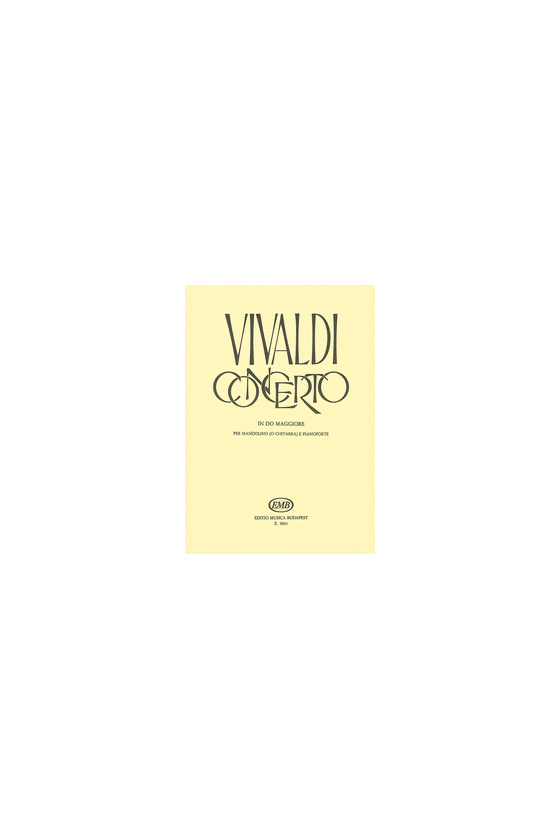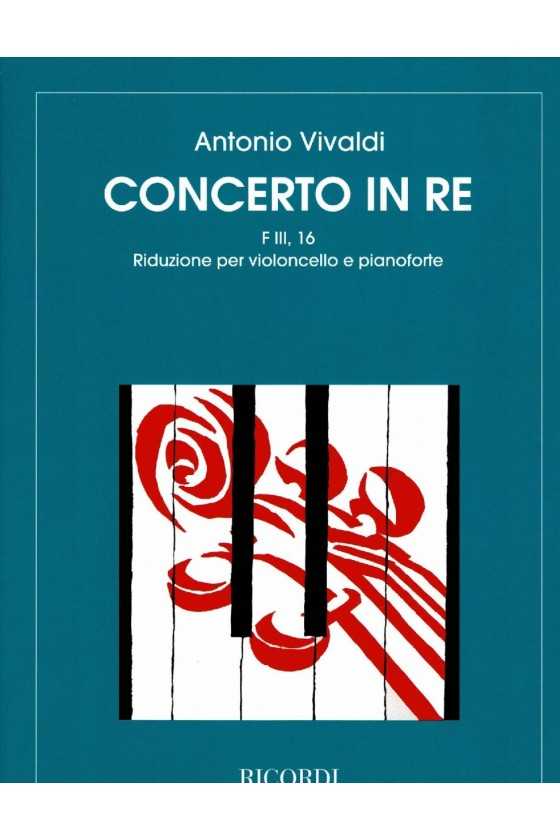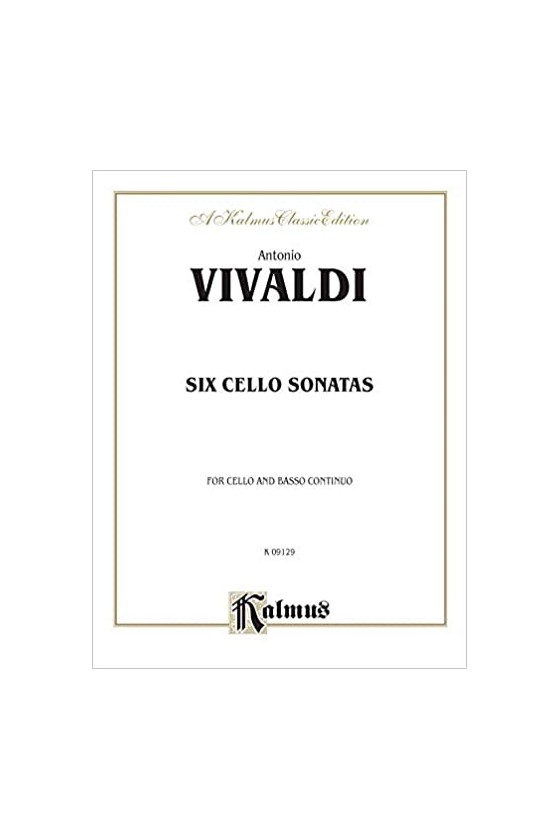Vivaldi, Antonio
Antonio Vivaldi, widely known as "The Red Priest" due to his distinctive reddish hair, was a renowned Italian composer and violinist of the Baroque period. Born on March 4, 1678, in Venice, Vivaldi displayed exceptional musical talent from a young age. He spent most of his life in Venice, where he made significant contributions to the fields of instrumental music, vocal music, and opera.
Early Years and Musical Education
Antonio Vivaldi's father, Giovanni Battista, was a skilled violinist who played in the orchestra of the San Marco Basilica in Venice. It is believed that Giovanni Battista was Antonio's first teacher, nurturing his musical abilities from a young age. In 1696, at the age of 18, Antonio Vivaldi made his first public appearance as a violinist alongside his father in the basilica. This marked the beginning of his journey as a performer and composer.
The Ospedale della Pieta
In 1703, Vivaldi was appointed as the violin master at the Ospedale della Pieta, a renowned institution that specialized in the musical training of orphaned girls. The Pieta had an exceptional choir and orchestra, and Vivaldi played a crucial role in their musical development. He served as the violin master on multiple occasions, from 1703 to 1709 and again from 1711 to 1715. Additionally, he held the positions of director of instrumental music from 1716 to 1717 and from 1735 to 1738.
Vivaldi's Early Compositions and Publications
During his years at the Pieta, Vivaldi composed a significant number of musical works. His earliest compositions, including trio sonatas and violin sonatas, were published in 1705 and 1709, respectively. However, it was in 1711 that Vivaldi achieved great recognition with the publication of his most influential set of concerti for violin and string orchestra, known as "L'estro armonico." This collection, published by the Amsterdam music-publishing firm of Estienne Roger, showcased Vivaldi's exceptional talent and established him as a leading composer of his time.
Sacred Vocal Music and Operatic Ventures
In 1713, Vivaldi made his debut as a composer of sacred vocal music. When the choirmaster of the Pieta left his post, Vivaldi and other composers were entrusted with the task of creating new compositions for the institution. His sacred vocal music received immense acclaim, leading to commissions from other institutions. In the same year, Vivaldi's first opera, "Ottone in villa," was produced in Vicenza, marking his entry into the world of opera.
Returning to Venice, Vivaldi became deeply involved in operatic activities as both a composer and an impresario. From 1718 to 1720, he worked in Mantua as the director of secular music for Prince Philip of Hesse-Darmstadt. This was the only full-time position Vivaldi held, as he preferred the freedom and entrepreneurial opportunities of a freelance composer. During his time in Mantua, he composed operas, cantatas, and instrumental works.
The Zenith of Vivaldi's Career
The 1720s were the pinnacle of Vivaldi's career. Based in Venice but frequently traveling throughout Europe, he supplied instrumental music to patrons and customers across the continent. Between 1725 and 1729, Vivaldi entrusted five new collections of concerti to Michel-Charles Le Cene, the successor to Estienne Roger's publishing firm. However, after 1729, Vivaldi ceased publishing his works, choosing instead to sell them in manuscript form to individual purchasers. This decade also saw numerous commissions for operas, showcasing Vivaldi's versatility as a composer.
Anna Giro and Vivaldi's Decline
In 1726, contralto Anna Giro sang for the first time in a Vivaldi opera. She became an integral part of Vivaldi's entourage and the prima donna of his subsequent operas. Rumors circulated that Giro was Vivaldi's mistress, but these claims remain speculative. As the 1730s approached, Vivaldi's career began to decline. Charles de Brosses, a French traveler, noted with regret in 1739 that Vivaldi's music was no longer fashionable. His attempts at impresarial ventures also faced increasing failure.
Legacy and Rediscovery
In 1740, Vivaldi traveled to Vienna but fell ill and passed away on July 28, 1741. His funeral was modest, suggesting that he died in poverty. After his death, his extensive collection of musical manuscripts, primarily consisting of autograph scores of his own works, was bound into 27 large volumes. These manuscripts were acquired by Jacopo Soranzo and later by Count Giacomo Durazzo, the patron of Christoph Willibald Gluck. Rediscovered in the 1920s, these manuscripts now reside in the Foa and Giordano collections of the National Library in Turin.
Conclusion
Antonio Vivaldi's life and music left an indelible mark on the world of classical music. His compositions, particularly his concerti and operas, continue to captivate audiences and inspire musicians to this day. From his early years as a violinist in the San Marco Basilica to his renowned association with the Ospedale della Pieta and his international success, Vivaldi's journey showcases his exceptional talent and innovative approach to music. Despite facing hardships and a decline in popularity towards the end of his life, Vivaldi's legacy lives on through his masterful compositions and the enduring impact he has had on the world of classical music.
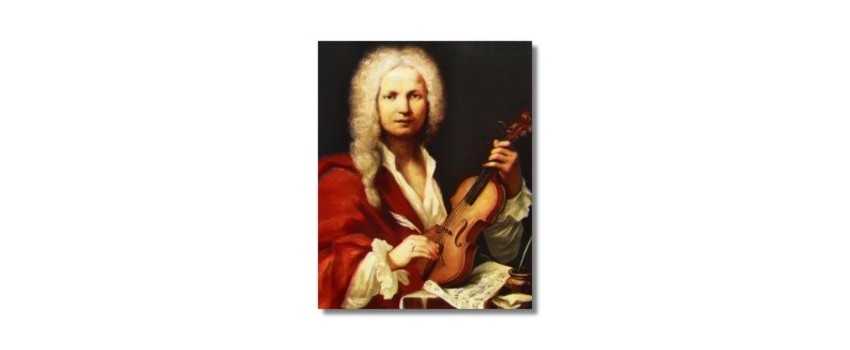
Alte Meisterweisen fur junge Cellisten (Schott)
Alte Meisterweisen fur junge Cellisten (Schott)
Vivaldi Six Sonatas For Cello And Piano (IMC)
Vivaldi Six Sonatas for Cello and Piano (IMC)
Vivaldi, Concerto In G Minor For Two Cellos (IMC)
Vivaldi, Concerto in G min for Two Cellos (IMC)
Vivaldi, Sonata For Cello And Basso Continuo ( Ricordi Edition)
Vivaldi, Sonata for Cello and basso Continuo ( Ricordi Edtion)

